Nestled in the northeastern region of Bangladesh, Sylhet stands as a testament to nature’s extraordinary beauty and agricultural heritage. The region’s sprawling tea gardens offer visitors an immersive experience that combines breathtaking landscapes, rich cultural traditions, and the therapeutic tranquility of endless green hills. A Sylhet tea garden tour represents more than just sightseeing – it’s a journey into Bangladesh’s colonial history, agricultural excellence, and natural splendor.
The Enchanting Landscape of Sylhet Tea Gardens
Sylhet’s tea gardens stretch across rolling hills like a green carpet, creating one of the most picturesque landscapes in Bangladesh. The region boasts over 150 tea estates, each offering unique perspectives on this agricultural marvel. Visitors are greeted by meticulously maintained rows of tea bushes that follow the natural contours of the hills, creating patterns that seem to dance with the morning mist.
The Malnichhara Tea Garden, one of the oldest and most visited estates, provides an excellent introduction to the region’s tea culture. Here, travelers can witness the traditional tea-picking process, where skilled workers, predominantly women, carefully select the youngest leaves and buds with practiced precision. The sight of tea pickers moving gracefully through the bushes, their colorful saris creating a beautiful contrast against the emerald backdrop, offers photographers and nature enthusiasts countless memorable moments.
Cultural Heritage and Tea Garden Communities
The tea gardens of Sylhet are home to diverse communities, each contributing to the region’s rich cultural tapestry. The tea garden workers, many of whose families have been associated with tea cultivation for generations, maintain their unique traditions, languages, and customs. Visitors can experience authentic cultural exchanges by interacting with these communities, learning about their daily lives, festivals, and the deep connection they share with the land.
The colonial architecture found throughout the tea estates tells stories of British influence and the evolution of Bangladesh’s tea industry. Historic bungalows, processing facilities, and administrative buildings provide glimpses into the past while serving as fascinating subjects for history enthusiasts and architecture lovers.
The Tea Production Process: From Leaf to Cup
A comprehensive tea garden tour includes witnessing the complete tea production process. Visitors can observe the careful plucking of tea leaves, typically done in the early morning hours when the leaves contain optimal moisture content. The freshly picked leaves are then transported to processing facilities where they undergo withering, rolling, fermentation, and drying processes.
The aroma that fills the processing areas is intoxicating, offering visitors a sensory experience that connects them directly to the final product they’ll eventually taste. Many tea gardens provide guided tours of their factories, explaining the intricate steps that transform fresh green leaves into the various grades of black and green tea that Sylhet is famous for producing.
Best Time to Visit Sylhet Tea Gardens
The ideal time for a Sylhet tea garden tour is during the dry season, from October to March, when the weather is pleasant and the skies are clear. However, each season offers distinct experiences. The monsoon season brings lush greenery and dramatic cloud formations, while the winter months provide crisp air and excellent visibility for photography.
Tea picking seasons vary throughout the year, with the first flush (spring harvest) considered the finest quality. Visitors planning their tours around these harvesting periods can witness peak activity in the gardens and experience the excitement of the harvest season.
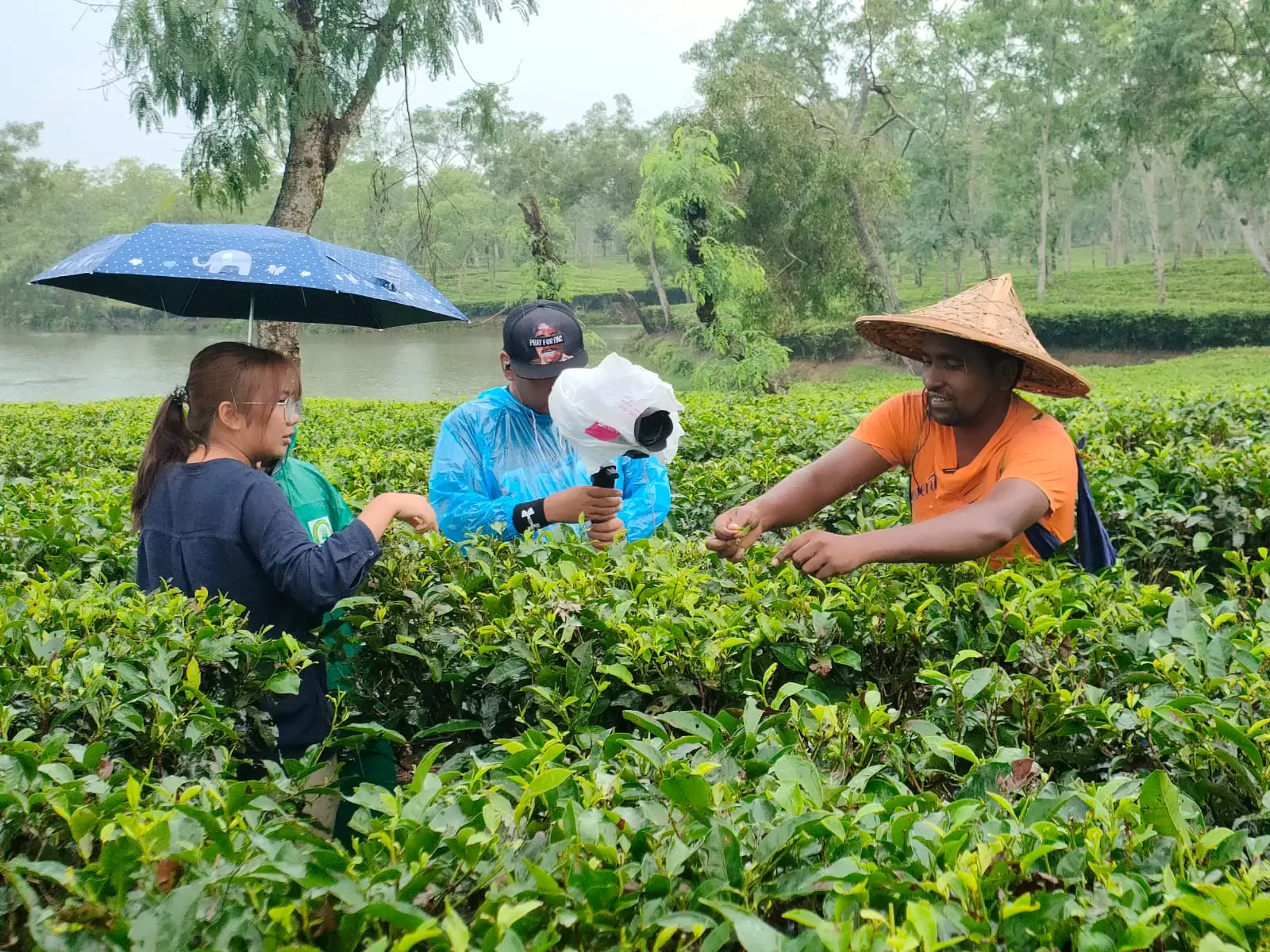
Popular Tea Gardens to Visit
Several tea gardens in Sylhet offer exceptional touring experiences. The Lakkatura Tea Garden provides stunning panoramic views and well-maintained visitor facilities. Nilkantha Tea Garden offers a more intimate experience with opportunities for nature walks and bird watching. The Jaflong Tea Garden, located near the India-Bangladesh border, combines tea garden visits with river views and stone collection activities.
Each garden has its own character and specialties, from organic tea production to unique processing methods. Visitors can compare different tea varieties and learn about the factors that influence flavor profiles, including soil composition, altitude, and climate conditions.
Adventure Activities and Nature Exploration
If you’re looking for more than just tea tourism, the tea gardens in Sylhet have a lot to offer when it comes to outdoor fun. You can hike through the rolling hills which is a great way to get some exercise while soaking in beautiful views. The area is home to a range of bird species so it’s a real treat for anyone who loves birdwatching. You can also enjoy butterfly watching, snap some nature photos, or catch the sunrise and sunset from high spots which really adds to the thrill of exploring these tea gardens.
Many tea estates have developed eco-friendly walking trails that allow visitors to explore the natural environment while minimizing impact on the delicate ecosystem. These trails often lead to scenic viewpoints, natural springs, and areas where visitors can observe local wildlife in their natural habitat.
Culinary Experiences and Local Delicacies
No tea garden tour is complete without sampling fresh tea varieties and local cuisine. Most tea gardens offer tea tasting sessions where visitors can compare different grades and processing styles. The experience of drinking freshly brewed tea while surrounded by the gardens where it was grown creates an unforgettable sensory memory.
Local restaurants and tea garden facilities serve traditional Sylheti cuisine, often incorporating tea leaves into unique dishes. Seven-layer tea, a Sylhet specialty served in layers of different colors and flavors, represents the region’s innovative approach to tea preparation and presentation.
Planning Your Sylhet Tea Garden Tour
When planning a tea garden visit, consider staying overnight in the region to fully appreciate the changing moods of the landscape from dawn to dusk. Many tea estates offer accommodation options ranging from historic colonial bungalows to modern eco-resorts that blend comfort with environmental consciousness.
Transportation within the tea garden areas typically involves a combination of vehicles and walking, so comfortable footwear and weather-appropriate clothing are essential. Professional tour guides familiar with the region’s history, botany, and cultural aspects can significantly enhance the educational value of the experience.
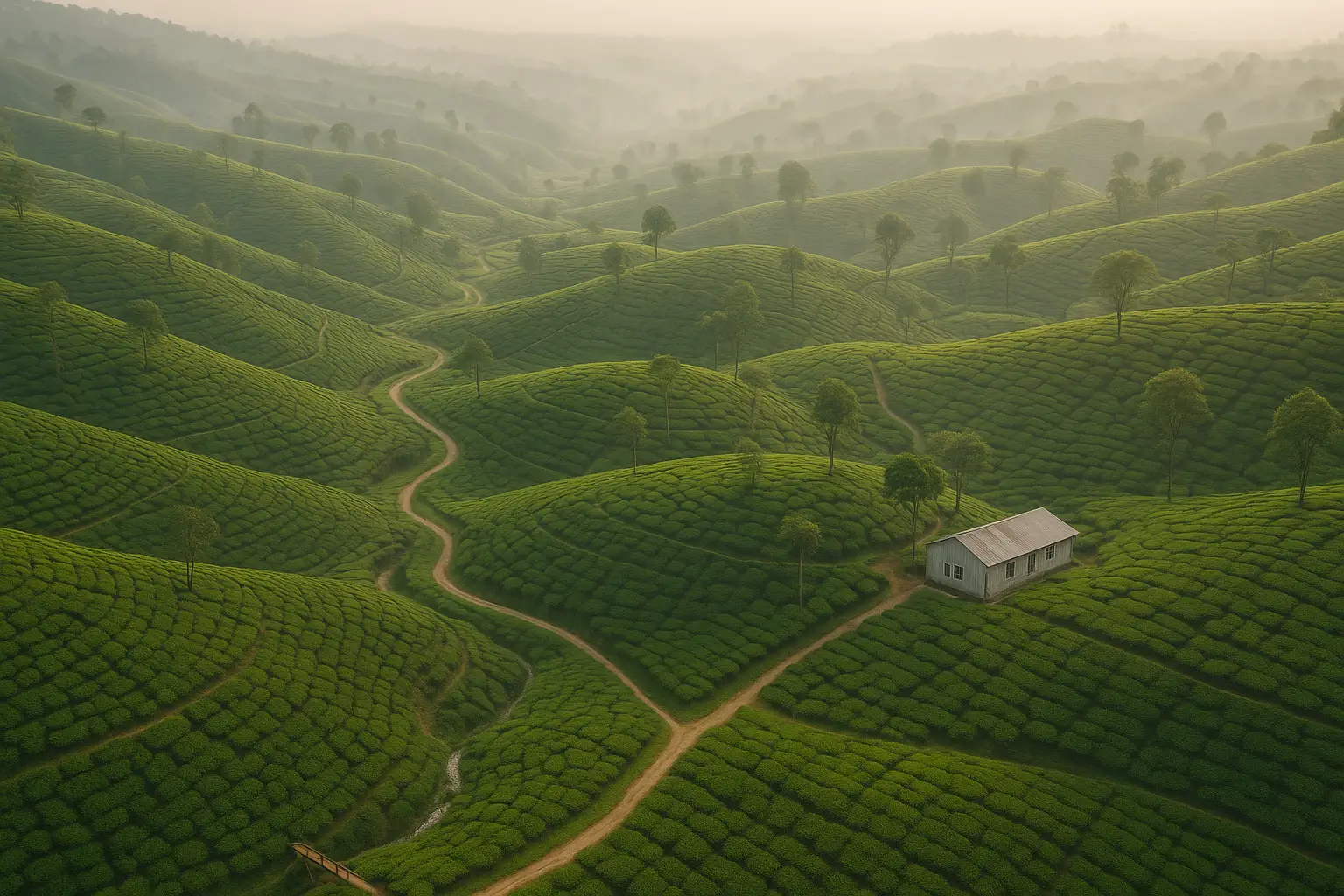
The Sylhet tea garden tour offers an unparalleled opportunity to connect with nature, understand agricultural heritage, and experience the serene beauty that has made this region famous worldwide. Whether you’re seeking relaxation, education, or adventure, the rolling green hills and warm hospitality of Sylhet’s tea garden communities provide an enriching experience that creates lasting memories.
Frequently Asked Questions (FAQs)
1. What is the best time of year to visit Sylhet tea gardens?
The optimal time to visit Sylhet tea gardens is from October to March during the dry season when weather conditions are most favorable. However, tea gardens are beautiful year-round, with monsoon season (June-September) offering lush greenery and dramatic landscapes, though travel may be more challenging due to rain.
2. How long should I plan for a complete tea garden tour in Sylhet?
A comprehensive Sylhet tea garden tour typically requires 2-3 days to fully experience multiple tea estates, witness the production process, engage with local communities, and enjoy nature activities. Day trips are possible but may feel rushed given the region’s extensive offerings.
3. Can I stay overnight in the tea garden areas?
Yes, several tea estates offer accommodation options including colonial-era bungalows, eco-resorts, and guesthouses. These stays provide unique opportunities to experience sunrise and sunset views over the tea gardens and immerse yourself more deeply in the peaceful environment.
4. What should I bring for a tea garden tour in Sylhet?
Essential items include comfortable walking shoes, weather-appropriate clothing, sun protection, insect repellent, a camera, and a reusable water bottle. During monsoon season, waterproof gear is necessary. Binoculars are helpful for bird watching and enjoying distant scenic views.
5. Are tea garden tours suitable for families with children?
Sure! Going on tea garden tours is perfect for families and super fun for kids. The beautiful views and chances to learn about farming plus connect with local folks and enjoy nature make it a great outing for everyone. Just remember to keep an eye on the kids during factory tours and hiking on the hills to keep them safe.


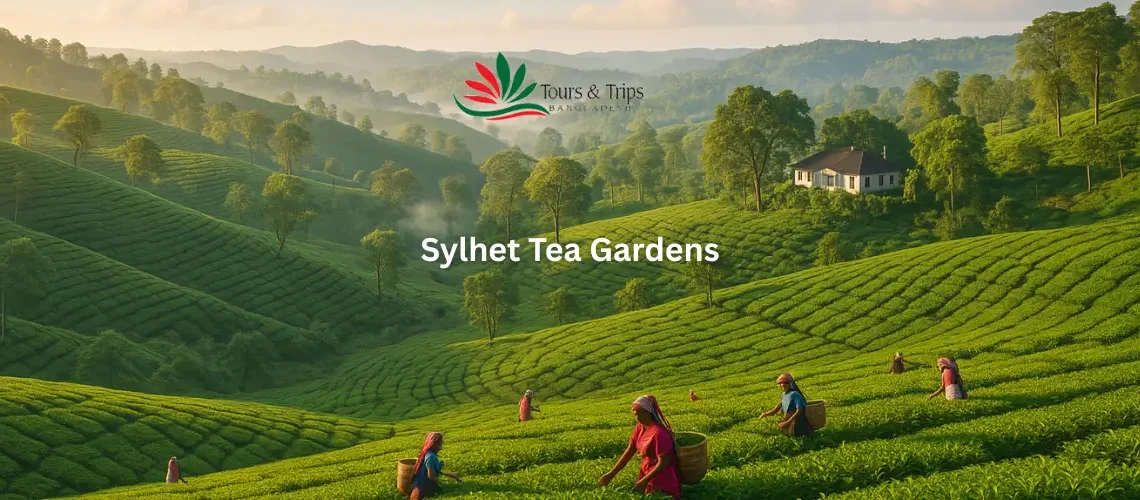
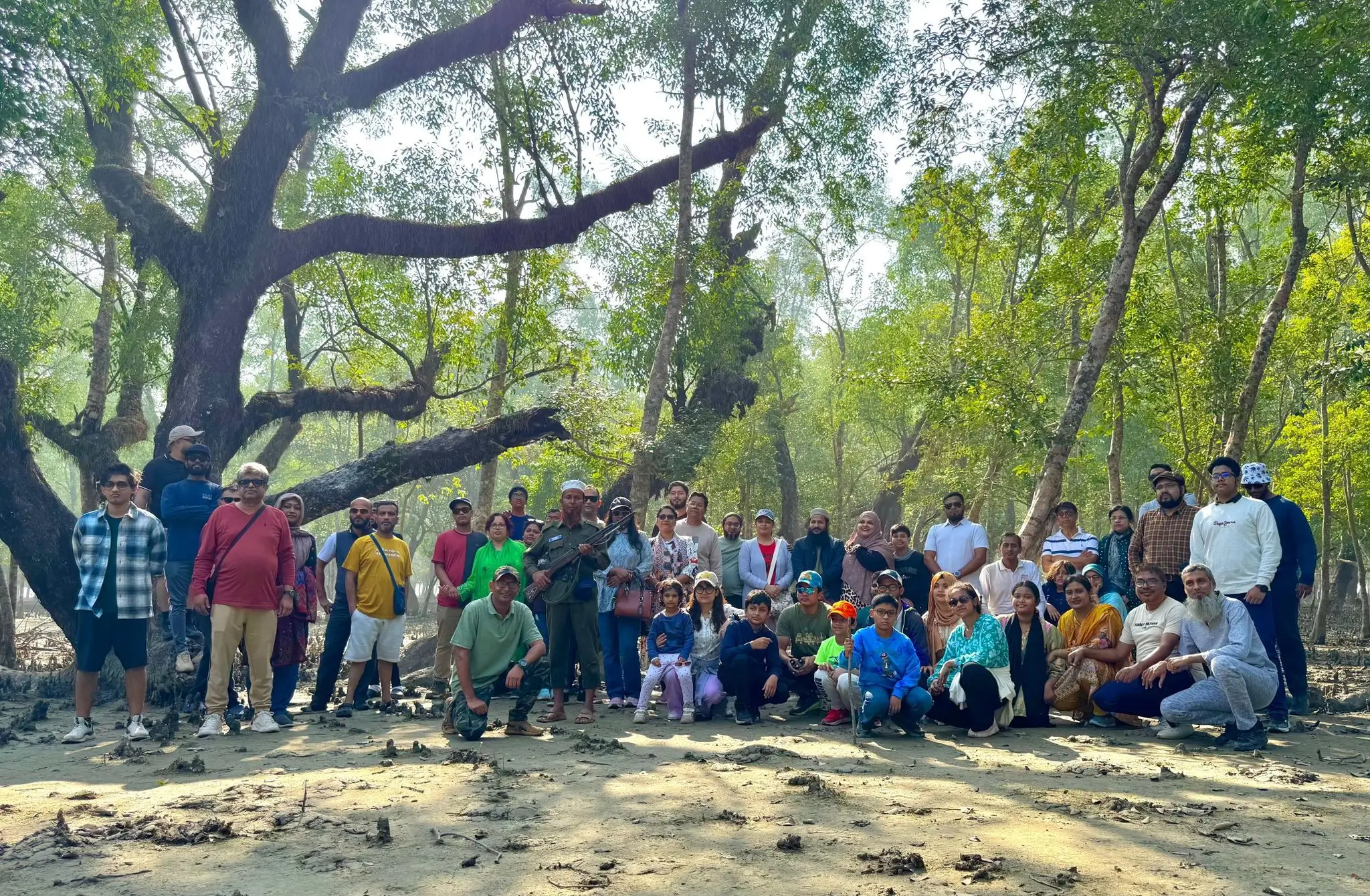
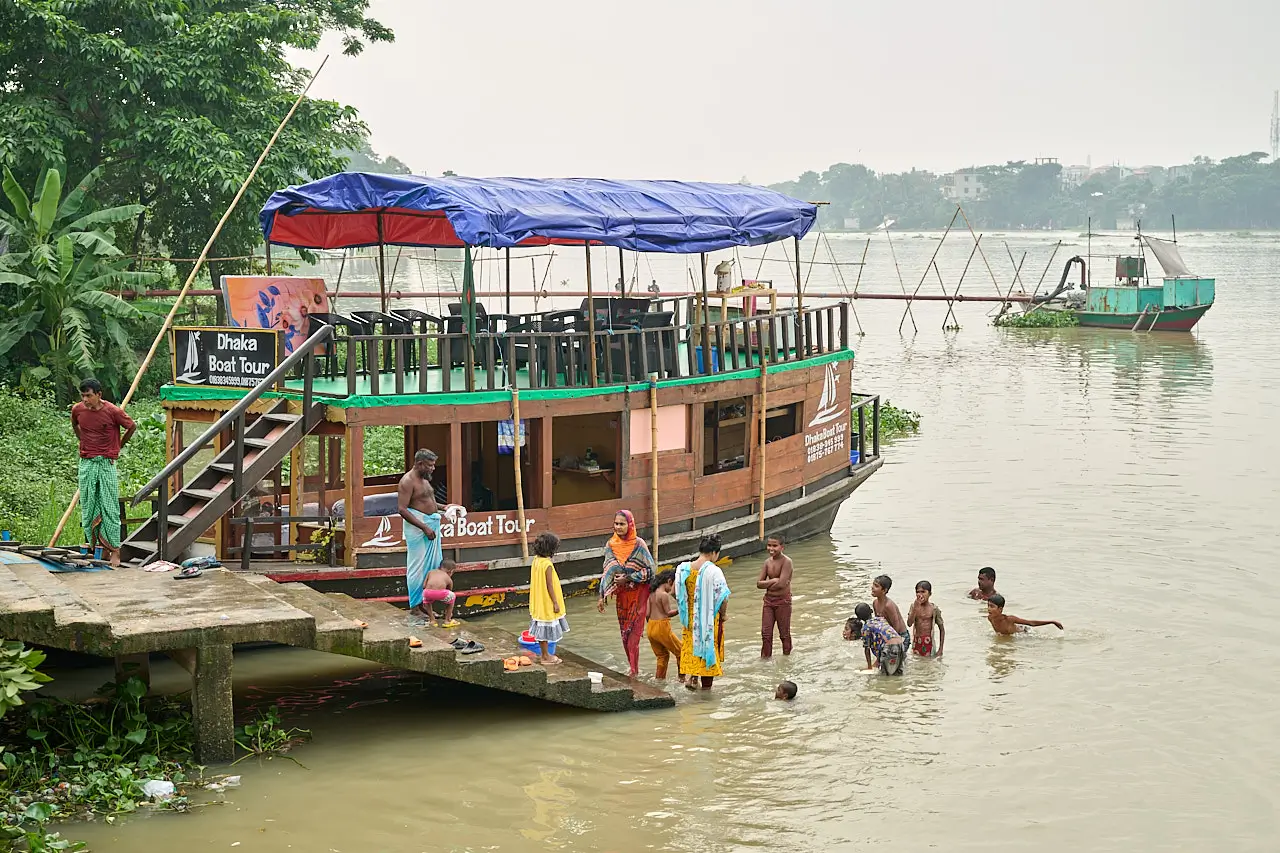
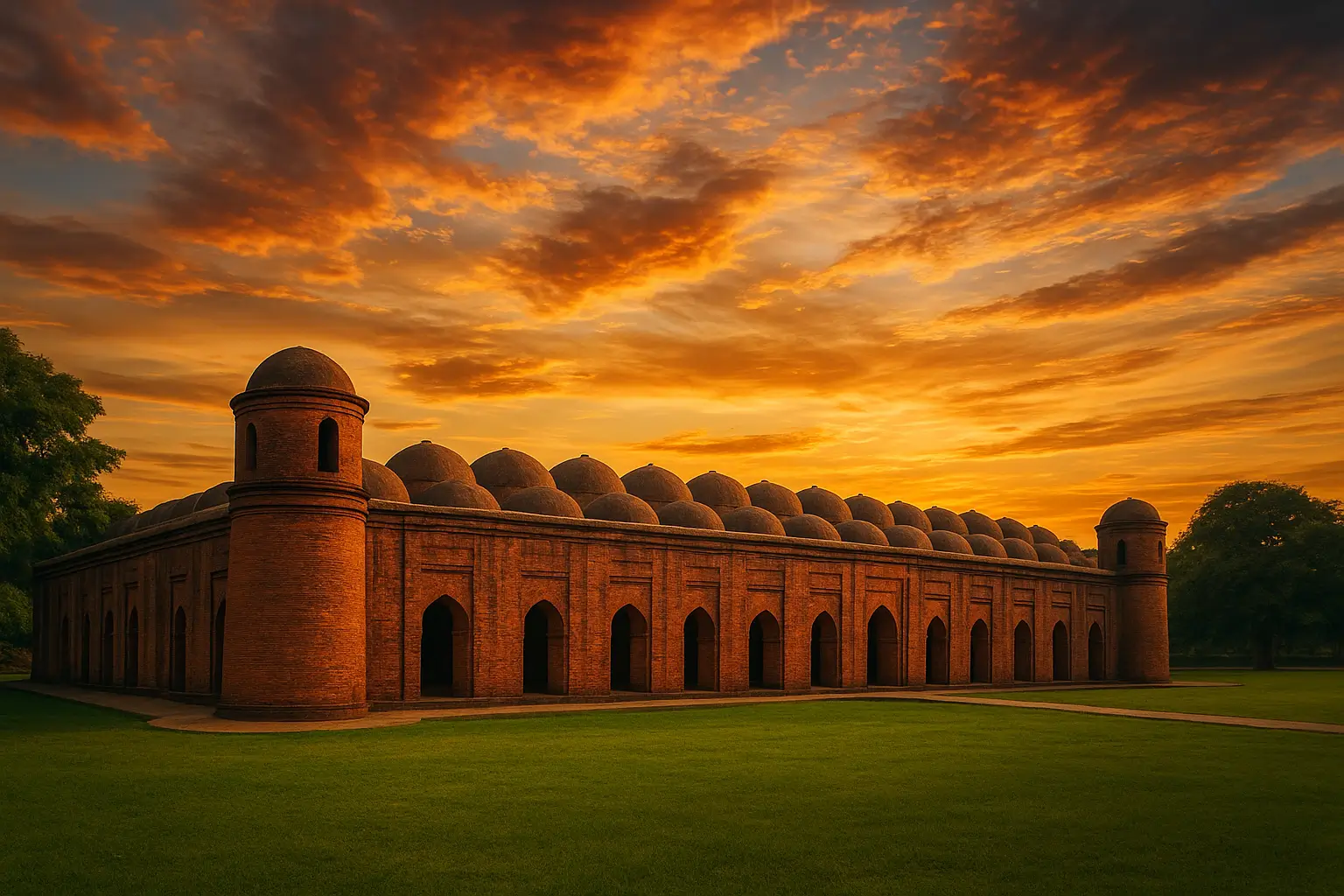
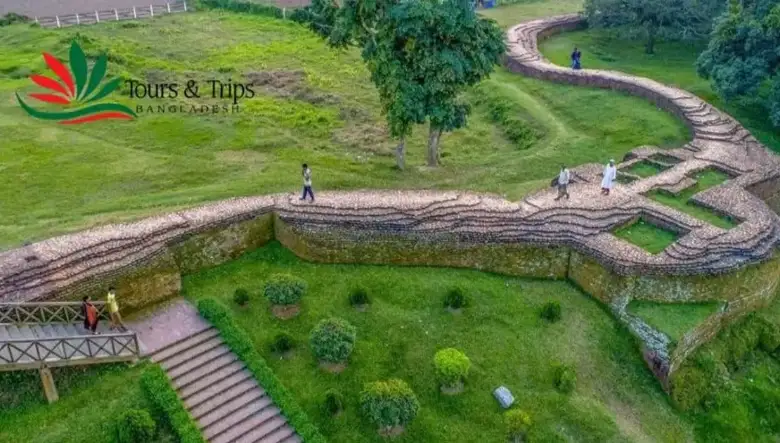
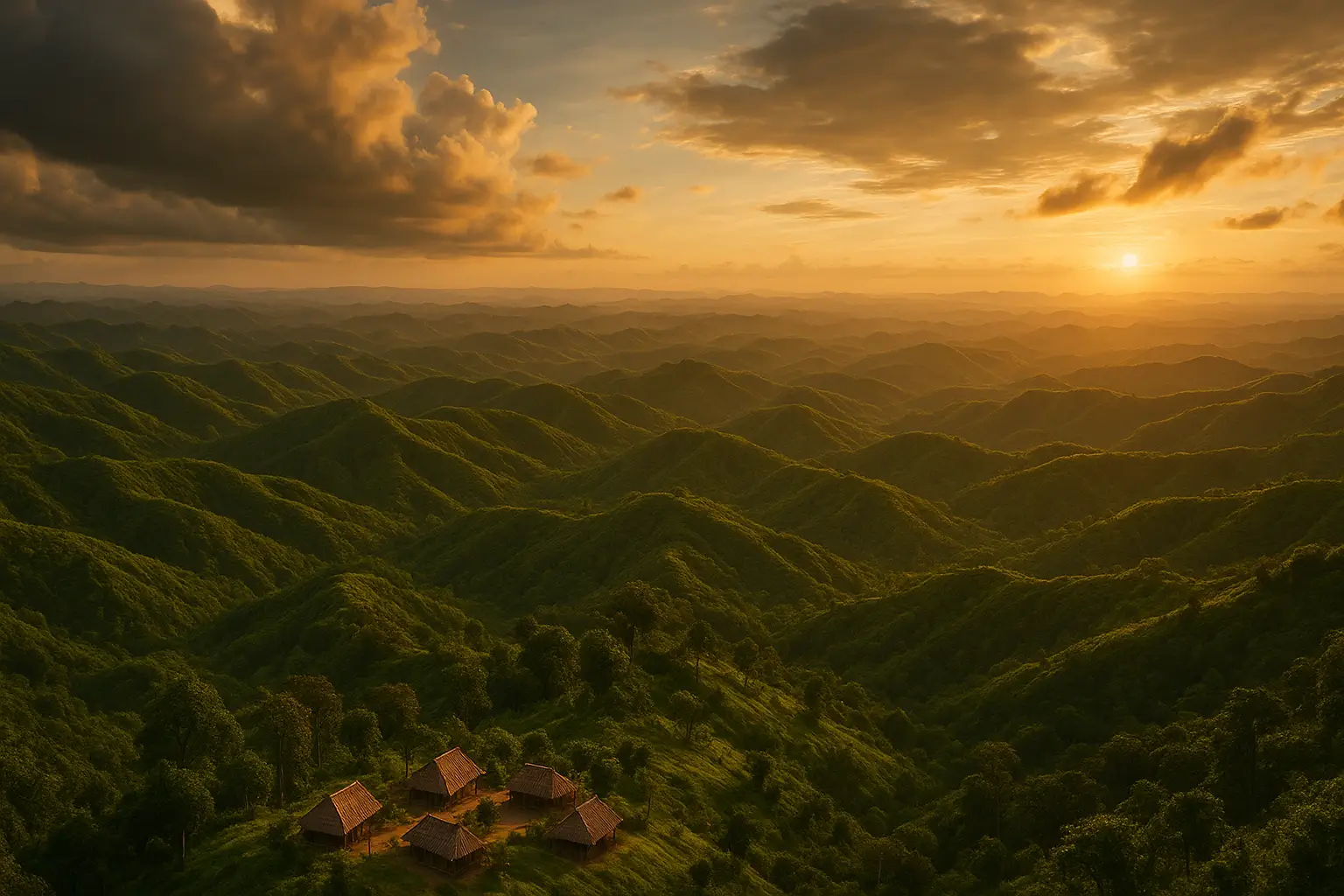



Comments